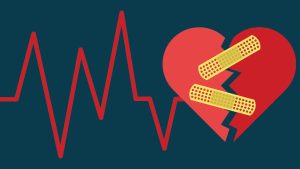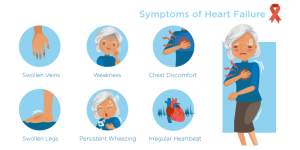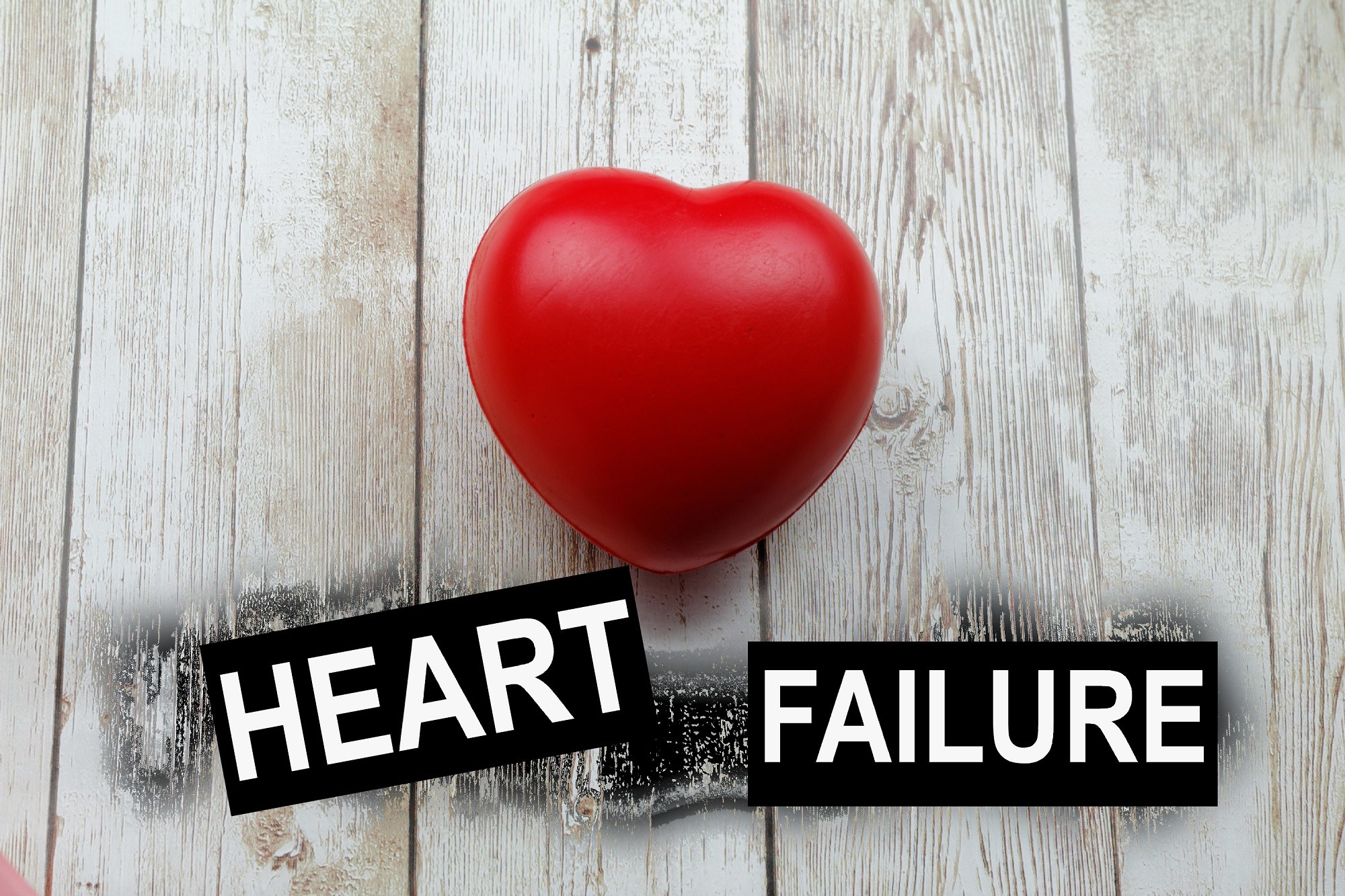Introduction
Heart failure is a serious medical condition that affects millions of people worldwide. Despite its prevalence, the signs and symptoms of heart failure can often go unnoticed or misinterpreted, leading to delayed diagnosis and treatment. In this comprehensive guide, we will delve into the often neglected signals of heart failure and how to confront them effectively. Explore More About (Common Mouth Problem)
Understanding Heart Failure
Before delving into the signs of heart failure, it’s essential to understand what heart failure actually is. Contrary to popular belief, heart failure does not mean that the heart has stopped beating. Instead, it refers to a condition where the heart is unable to pump blood effectively throughout the body.
There are two main types of heart failure: systolic and diastolic. Systolic heart failure occurs when the heart muscle becomes weakened and is unable to contract effectively, leading to reduced blood flow. Diastolic heart failure, on the other hand, occurs when the heart muscle becomes stiff and is unable to relax properly, impairing its ability to fill with blood.

Recognizing the Signs
1. Shortness of Breath
One of the most common signs of heart failure is shortness of breath, especially during physical activity or when lying flat. This occurs because fluid builds up in the lungs, making it difficult to breathe properly. Individuals with heart failure may also experience sudden awakenings at night due to shortness of breath, known as paroxysmal nocturnal dyspnea.
2. Fatigue and Weakness
Fatigue and weakness are also hallmark symptoms of heart failure. As the heart struggles to pump blood efficiently, the body may not receive an adequate oxygen supply, leading to feelings of tiredness and lethargy. Simple tasks may become exhausting, and individuals may find themselves easily fatigued even with minimal exertion.
3. Swelling
Swelling, particularly in the legs, ankles, feet, and abdomen, is another common sign of heart failure. This swelling, known as edema, occurs when fluid accumulates in the body due to poor circulation. It is often more noticeable at the end of the day or after prolonged periods of sitting or standing.
4. Persistent Coughing
A persistent cough, especially one that produces pink or blood-tinged mucus, can indicate fluid buildup in the lungs, a common complication of heart failure. This cough may worsen when lying down and may be accompanied by wheezing or rattling sounds in the chest.
5. Rapid or Irregular Heartbeat
Heart palpitations, or a rapid or irregular heartbeat, can be a sign of heart failure. The heart may beat faster than normal in an effort to compensate for its reduced pumping ability, or it may beat irregularly due to electrical disturbances in the heart’s rhythm.
6. Decreased Appetite and Nausea
Many individuals with heart failure experience a decreased appetite and feelings of nausea, which can contribute to unintended weight loss. These symptoms may be related to the body’s response to poor circulation and reduced oxygen delivery to the digestive system.

Confronting Heart Failure Signs
Recognizing the signs of heart failure is the first step in confronting this condition effectively. If you or a loved one experience any of the symptoms mentioned above, it is crucial to seek medical attention promptly. A healthcare provider can perform a thorough evaluation, which may include a physical exam, diagnostic tests such as an electrocardiogram (ECG) or echocardiogram, and blood tests to assess heart function and rule out other possible causes of your symptoms.
Once diagnosed, treatment for heart failure typically focuses on managing symptoms, improving heart function, and preventing further complications. This may involve medications to help the heart pump more effectively, such as ACE inhibitors, beta-blockers, or diuretics, as well as lifestyle modifications such as dietary changes, regular exercise, and quitting smoking.
In some cases, more advanced treatments such as implantable devices like pacemakers or defibrillators, or surgical interventions such as coronary artery bypass grafting (CABG) or heart valve repair or replacement, may be necessary to improve heart function and quality of life.
Heart Failure Signs
| Signs of Heart Failure | Description |
|---|---|
| Shortness of Breath | Difficulty breathing, especially during physical activity or when lying flat. |
| Fatigue and Weakness | Feelings of tiredness and lethargy, even with minimal exertion. |
| Swelling | Fluid buildup in the legs, ankles, feet, and abdomen due to poor circulation. |
| Persistent Coughing | Cough producing pink or blood-tinged mucus, worsening when lying down. |
| Rapid or Irregular Heartbeat | Heart palpitations, rapid or irregular heartbeat due to reduced pumping ability or electrical disturbances. |
| Decreased Appetite and Nausea | Loss of appetite and feelings of nausea, contributing to unintended weight loss. |
Conclusion
Heart failure is a complex and potentially life-threatening condition, but it is manageable with early detection and appropriate treatment. By recognizing the often neglected signs of heart failure, such as shortness of breath, fatigue, swelling, persistent coughing, rapid or irregular heartbeat, and decreased appetite and nausea, individuals can take proactive steps to confront this condition effectively and improve their overall quality of life. If you or someone you know is experiencing symptoms suggestive of heart failure, do not hesitate to seek medical attention promptly. Early intervention is key to optimizing outcomes and preventing complications associated with heart failure.
Remember, your heart health matters. Take care of yourself, and listen to your body’s signals. Together, we can confront heart failure and work towards better heart health for all.




